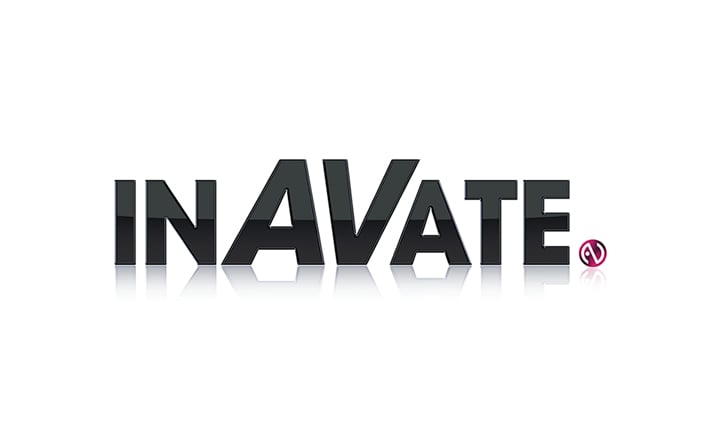
Cisco has completed the deal to acquire Acano, the London-based video technology provider. We have been keeping a close eye on the Acano Cospace, so let’s take a look at what Acano did right and find out why this may be one of Cisco’s smartest acquisitions ever.
It cost Cisco 700 million dollars to acquire one of the most interoperable and enterprise-friendly solutions on the video collaboration market. That is not a small price tag, but the deal is well worth it. Coming from the perspective of a big fan of the Acano Cospace, an “any technology, any time bridge”, I was looking forward to Acano’s future and evident expansion into the unified communications space. Over the summer they changed the branding on their site and added emphasis on more than just video conferencing by adding audio, web, chat and a key integration with Skype for Business to their portfolio.
The Microsoft S4B integration was a big leap, but they made a smooth landing with Cospaces by showing the world that it was possible to leverage Cisco endpoints and Microsoft Skype for Business using the Acano bridge. Users could look forward to participants joining their Cospace (VMR) and enjoying a seamless experience on both ends which is a huge win for interoperability.
The Acano solution will sit comfortably on a large organization’s on-premise environment or third-party cloud service provider no problem, and the two aren’t mutually exclusive – giving enterprises more flexibility in the deployment. It’s a video administrator’s dream, and with seamless collaboration on a call with Cisco and Microsoft what more could you ask for?
Smart move, now what’s next?
Well the way I see it – I think Cisco obviously means business in the enterprise collaboration space (11 acquisitions in the last year) and with this most recent one they’re in it to win it. They now have Acano’s flexible bridge, Cisco Spark for team collaboration and of course WebEx for web conferencing, so they’re making it easier for organizations who like to choose how they collaborate best to merge their existing technologies as they see fit.
It will be interesting to see how this acquisition affects Cisco in the enterprise space. What do you think?



